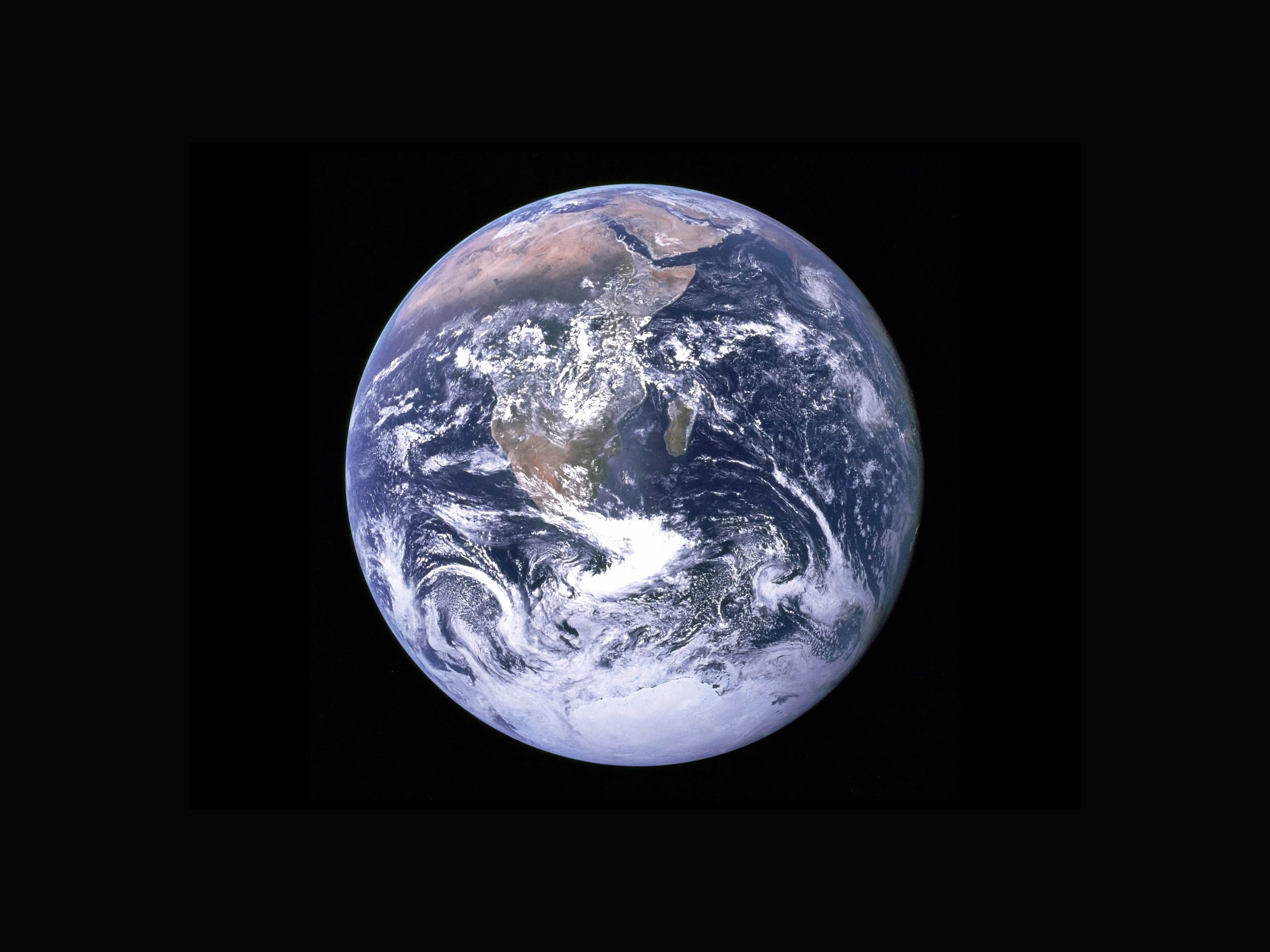There’s still hope to save the earth, a new report revealed.
The Earth’s ozone layer hole is set to be completely healed over most of the world within two decades, according to a new UN assessment.
The hopeful news surrounding one of the most previously feared environmental threat facing humanity comes following mass action by governments around the globe to phase out ozone-depleting substances, which could lead to the end of human life if completely destroyed.
The report states that, with the exception of the polar regions, the loss of the ozone layer, which ran the risk of exposing people to dangerous ultraviolet rays from the sun, is on track to be fully recovered by 2040.
The ozone layer will fully recover over the Arctic by 2045 and over the Antarctic by 2066, it added. The poles, however, will take a little longer.
Since the 1989 Montreal Protocol, an international agreement that helped eliminate 99% of ozone-depleting chemicals like chlorofluorocarbons (CFCs) that were used as solvents and refrigerants, the ozone layer has been steadily improving following alarm over the loss of ozone in the 1980s.
The UN stated that action taken to protect the ozone layer had also strengthened the slower response to the climate crisis.
CFCs are greenhouse gases as well, and their continued unchecked use could have caused a 1C increase in global temperatures by the middle of the century, worsening an already dire situation where planet-heating gases are still not declining.
However, the problem of harmful gases like CFCs and carbon dioxide still remains.
“Ozone action sets a precedent for climate action,” said the secretary-general of the World Meteorological Organization Petteri Taalas, which unveiled the report.
“Our success in phasing out ozone-eating chemicals shows us what can and must be done as a matter of urgency to transition away from fossil fuels, reduce greenhouse gases and so limit temperature increase.”
According to David Fahey, a scientist at the National Oceanic and Atmospheric Administration and a lead author of the new assessment, the Montreal agreement should be regarded as “the most successful environmental treaty in history and offers encouragement that countries of the world can come together, decide an outcome, and act on it.”







